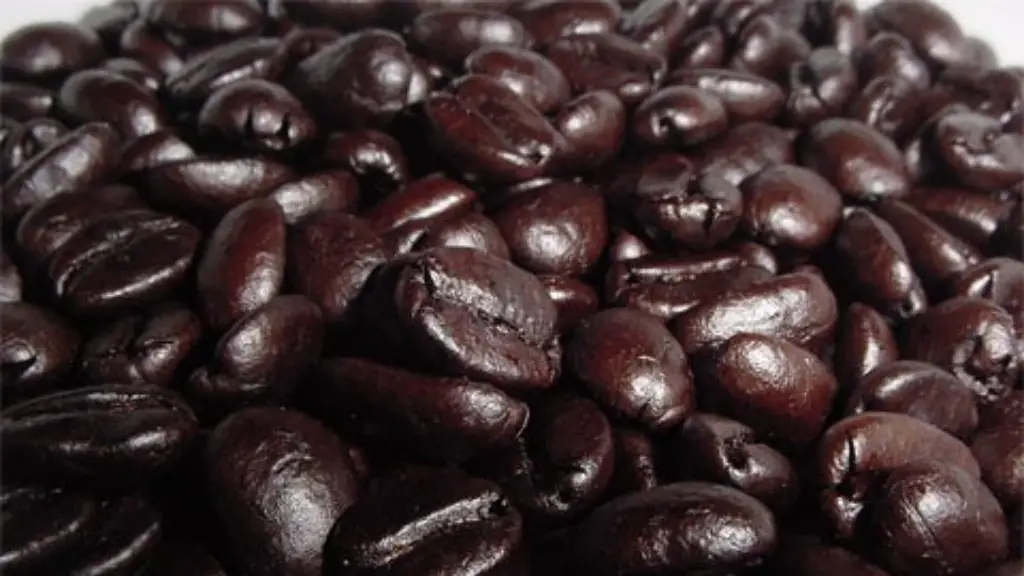Can You Drink Coffee with Milk when Fasting?
Fasting is a popular health trend among individuals looking to maximize their performance and wellness. However, is it possible to drink coffee with milk, while fasting? This article takes a look at the available evidence on the effects of drinking milk and coffee while fasting, and offers some advice for those considering the approach.
The health effects of fasting have been studied extensively, with research finding links to increased longevity, improved metabolic health, and reduced inflammation. This, in turn, helps individuals improve their overall health and well-being.
Fasting, however, is a complex practice, and there are several variables to consider when determining its efficacy. One of those variables is the type of beverage consumed while fasting. Coffee, specifically, is seen as a suitable drink while fasting, due to its potential health benefits, including improved cognition and mental clarity.
The effects of consuming coffee with milk while fasting, however, have been controversial. Some nutritionists and health practitioners have argued that adding milk to coffee may reduce its benefits, as the milk provides calories and can interfere with metabolic processes associated with fasting.
At the same time, experts have argued that, if consumed in moderation, the added calories from the milk may not be significant enough to cause an adverse effect on a person’s fasting experience. Research suggests that adding small amounts of milk to coffee during fasting may not be detrimental to the experience.
Focusing on this debate is important as coffee is one of the most widely consumed beverages in the world and could be beneficial if supplemented properly while fasting. Additionally, coffee with milk has become a popular trend among coffee-drinkers.
Nutrition and Fasting
The purpose of fasting is to give the body time to reset by removing foods and allowing the digestion system to rest. Fasting is not about the restriction of food intake, rather the removal of all food and drink intake. There are two main types of fasting: intermittent fasting and extended fasting. Intermittent fasting typically involves fasting for anywhere between 16-24 hours, while extended fasting usually involves no food intake for a period of time beyond 72 hours.
Nutrition plays an important role in fasting as food intake impacts the body in many ways. When food is not consumed during fasting, the body switches from a glucose-based energy source to a fat-based energy source, called ketosis. This helps to detoxify the body from toxins and to improve the overall health of the individual.
For those individuals who are looking to maximize the health benefits of fasting, the following advice may be useful. During fasting, it is best to limit or avoid the consumption of any food or beverages that contain calories or sugar. This includes foods such as cakes, cookies, and candy, as well as beverages such as juice, smoothies, and sodas. Beverages such as coffee, tea, and unsweetened flavored waters can typically be consumed while fasting.
Intermittent fasting specifically is often recommended for those looking to improve their physical and mental performance. During this form of fasting, the consumption of coffee with small amounts of milk is unlikely to be detrimental to the overall fasting process.
Coffee and Its Benefits
Coffee is a popular beverage that is widely consumed around the world. It contains a variety of beneficial antioxidants and has been linked to many health benefits, including improved mental clarity and energy, improved physical performance, and improved metabolic health.
Research has also suggested that regular consumption of coffee can help to reduce the risk of developing chronic diseases, such as type 2 diabetes and heart disease. Additionally, coffee can also help to reduce the risk of chronic inflammation, which can lead to the development of other illnesses.
Coffee is generally considered safe to consume when fasting and is often recommended as a suitable alternative to other sugary beverages. However, it is important to note that, while coffee has many health benefits, consuming too much of it can have negative effects on the body, such as increasing blood pressure and jitteriness.
This, in turn, can reduce the effectiveness of the fasting process. For this reason, it is recommended that individuals consume their coffee in moderation while fasting.
Milk and Coffee When Fasting
Milk is a common addition to coffee, and it may be beneficial to supplement coffee with small amounts of milk while fasting. Milk is a source of protein and nutrients, and research has shown that it can help to improve cognitive functioning and metabolism. In addition, milk has also been linked to improved digestive health.
Despite the potential benefits of adding milk to coffee, it is important to keep in mind that milk can also be a source of calories. Adding too much milk to coffee can cause a sudden spike in blood sugar levels, which can interfere with the body’s natural metabolic processes while fasting.
In general, individuals should use moderation when supplementing coffee with milk while fasting. A cup of coffee with a small amount of milk, such as a teaspoon, is unlikely to interfere significantly with the fasting process.
Conclusion
In conclusion, it is possible to consume coffee with milk while fasting. Research suggests that, when consumed in moderation, the added calories and nutrients from the milk are unlikely to interfere with the metabolic effects associated with fasting. However, it is important to keep in mind that adding too much milk to coffee can increase blood sugar levels and thus, reduce the effectiveness of the fasting process.




